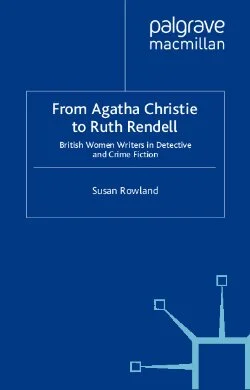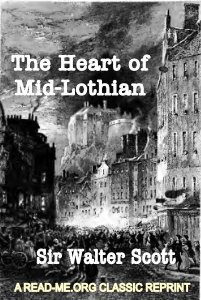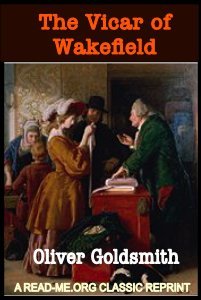By Elizabeth Wein
“Harrowing and wholly believable, Code Name Verity wrecked me. It ii a book as unexpected, beautiful, and enduring as tle friendship at its heart. The story's brutality is almost intimate. It's depictions ol heroism are so real and vibrant, they live beyond the page. You will want to clutch these characters to youi in the hopes of keeping them safe, and your heart will break knowing that you can't." —Leigh Bardugo. New York Times best-selling author of Shadow and Bone.
NY. Hyperion. 2013. 371p.












